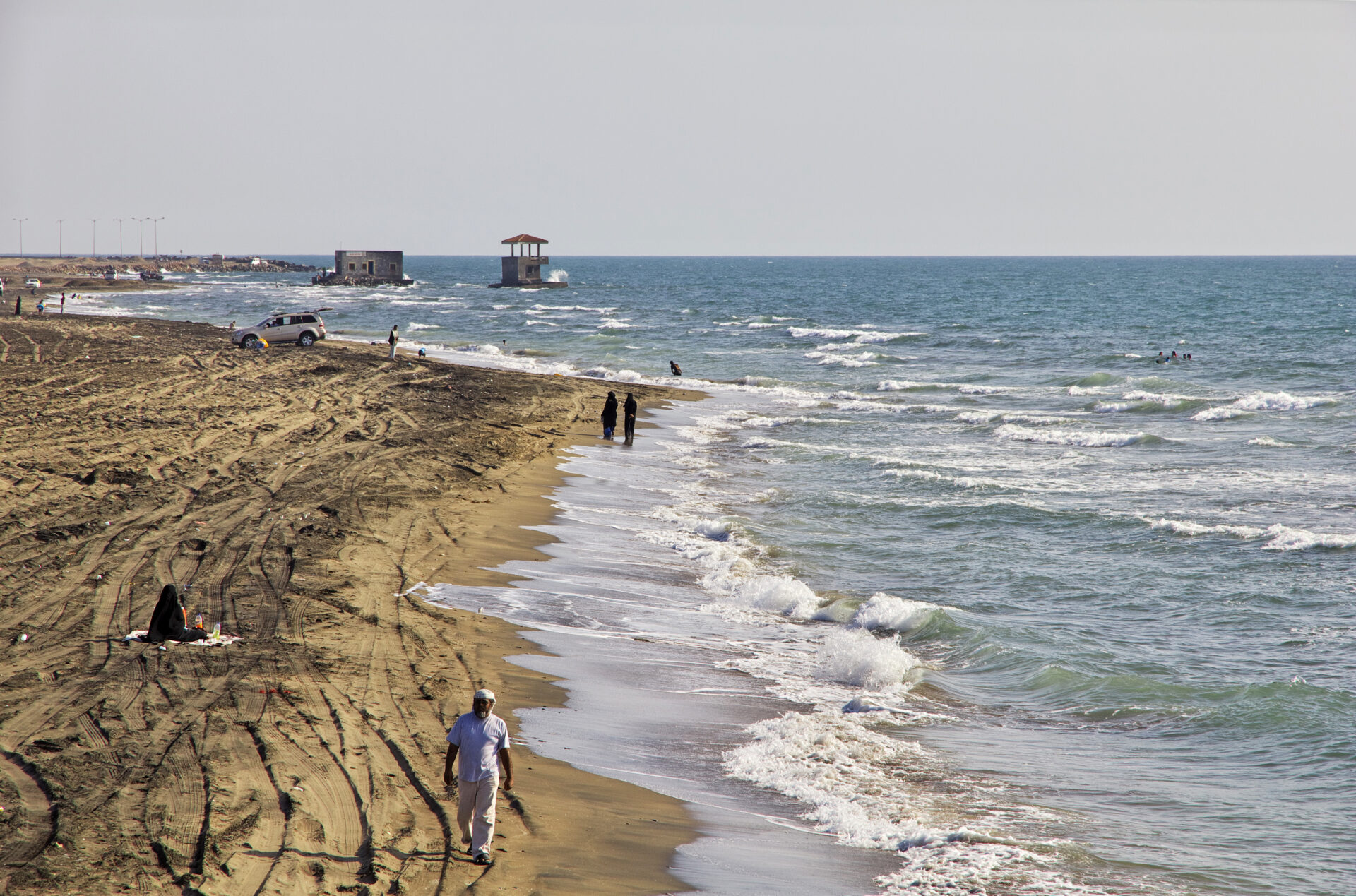
Top Militant Blown Away—NOW What?
Yemen’s Houthi-appointed prime minister was killed in an Israeli airstrike near Hodeidah, sharply escalating regional tensions and triggering vows of retaliation from Houthi officials.
At a Glance
- Abdulaziz bin Habtoor, Houthi prime minister since 2016, was killed in a targeted strike
- The attack occurred near Hodeidah on Yemen’s western Red Sea coast
- Israel has not officially confirmed the operation but is widely believed to be responsible
- Houthi leadership promised a “devastating response” to the assassination
- The strike follows months of Houthi attacks on Red Sea shipping and Israeli-linked vessels
Strike in the Shadows
The death of Abdulaziz bin Habtoor marks the highest-profile killing of a Houthi political figure since the group seized Sana’a in 2014. The airstrike, which took place late Friday near the strategic port city of Hodeidah, obliterated a convoy allegedly carrying top Houthi officials. While Israel has not formally acknowledged the attack, regional analysts and Western intelligence officials attribute the operation to Israeli forces.
Bin Habtoor, a longtime political fixture aligned with the Houthi movement, had served as the head of its government-in-exile since 2016. His role was largely symbolic but held significant propaganda value. His sudden elimination has left a temporary leadership vacuum as internal factions jockey for position within the movement.
Watch now: Yemeni Houthi Prime Minister Killed in Israeli Airstrike on Yemen’s Capital · YouTube
Retaliation Promised
Houthi military spokesman Yahya Saree declared that the killing “would not go unanswered,” promising a swift and harsh counterstrike. The group has maintained a steady campaign of drone and missile attacks targeting Red Sea shipping lanes, often striking vessels believed to have ties to Israel or the United States. Analysts warn that this latest development could intensify those operations, particularly as the Houthi leadership seeks to project strength amid domestic instability.
The Red Sea corridor has already seen increased militarization, with U.S. and European forces escorting merchant vessels and launching retaliatory strikes against Houthi infrastructure. Israeli involvement in this latest assassination, if confirmed, would mark a notable expansion of its direct engagement in Yemen’s civil conflict.
Tensions Beyond Yemen
The airstrike comes amid broader regional turmoil involving Iran-backed militias across Iraq, Syria, and Lebanon. The Houthis, widely supported by Tehran, have long been accused of acting as a proxy force in these regional dynamics. The death of bin Habtoor may trigger additional escalations in areas far beyond Yemen’s borders, especially if Iran sees the killing as a direct affront to its sphere of influence.
The Israeli government has maintained a policy of strategic ambiguity regarding operations in hostile territories. However, this action would signal a willingness to extend its reach deep into contested areas to deter asymmetric threats. For now, the Houthi leadership has announced three days of mourning and declared bin Habtoor a “martyr of resistance.”
Sources
The New York Times
Al Jazeera
Associated Press
Haaretz
Reuters


